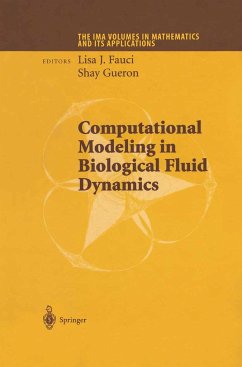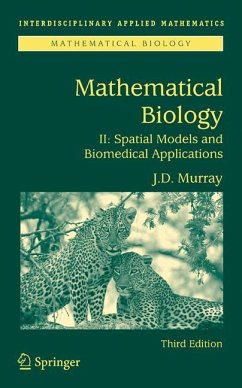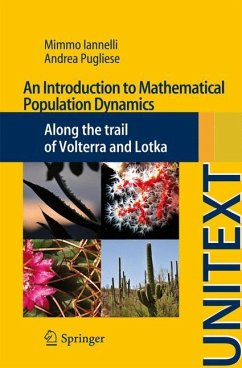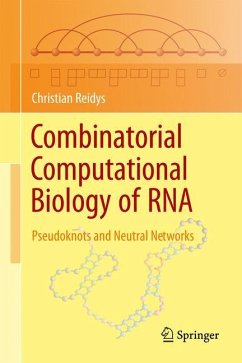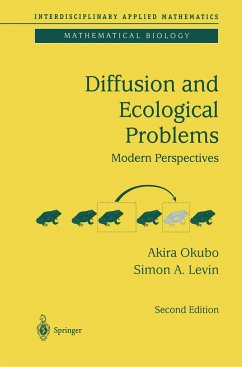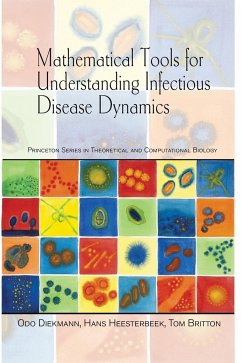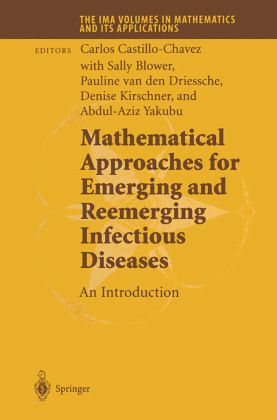
Mathematical Approaches for Emerging and Reemerging Infectious Diseases: An Introduction
Versandkostenfrei!
Versandfertig in 1-2 Wochen
115,99 €
inkl. MwSt.

PAYBACK Punkte
58 °P sammeln!
This book grew out of the discussions and presentations that began during the Workshop on Emerging and Reemerging Diseases (May 17-21, 1999) sponsored by the Institute for Mathematics and its Application (IMA) at the University of Minnesota with the support of NIH and NSF. The workshop started with a two-day tutorial session directed at ecologists, epidemiologists, immunologists, mathematicians, and scientists interested in the study of disease dynamics. The core of this first volume, Volume 125, covers tutorial and research contributions on the use of dynamical systems (deterministic discrete...
This book grew out of the discussions and presentations that began during the Workshop on Emerging and Reemerging Diseases (May 17-21, 1999) sponsored by the Institute for Mathematics and its Application (IMA) at the University of Minnesota with the support of NIH and NSF. The workshop started with a two-day tutorial session directed at ecologists, epidemiologists, immunologists, mathematicians, and scientists interested in the study of disease dynamics. The core of this first volume, Volume 125, covers tutorial and research contributions on the use of dynamical systems (deterministic discrete, delay, PDEs, and ODEs models) and stochastic models in disease dynamics. The volume includes the study of cancer, HIV, pertussis, and tuberculosis.
Beginning graduate students in applied mathematics, scientists in the natural, social, or health sciences or mathematicians who want to enter the fields of mathematical and theoretical epidemiology will find this book useful.
Beginning graduate students in applied mathematics, scientists in the natural, social, or health sciences or mathematicians who want to enter the fields of mathematical and theoretical epidemiology will find this book useful.






